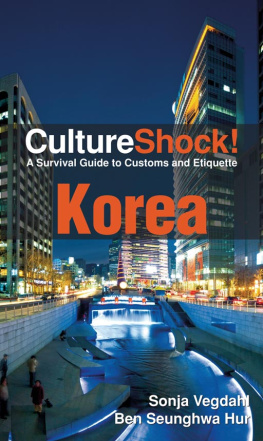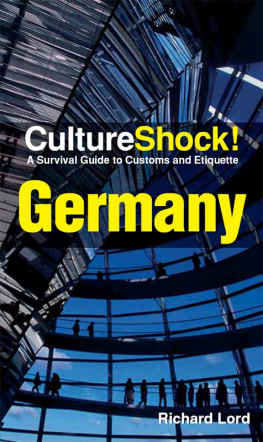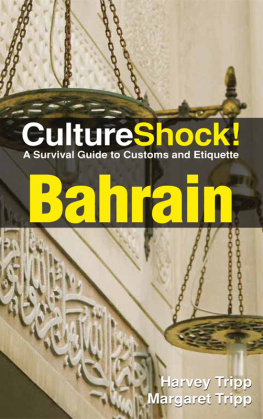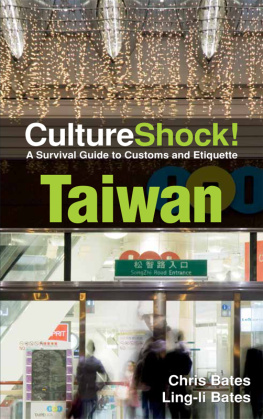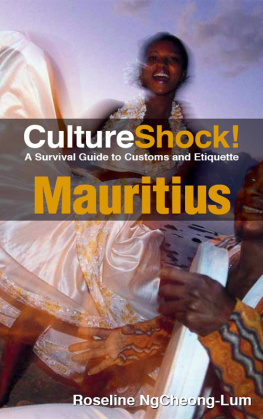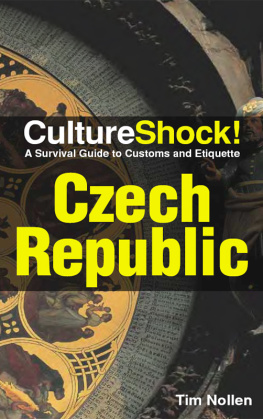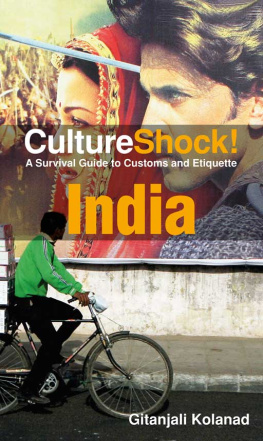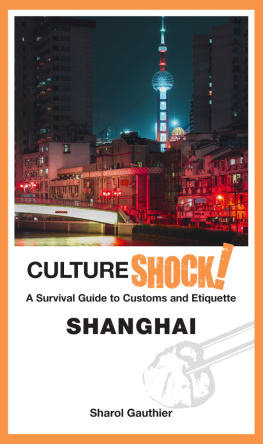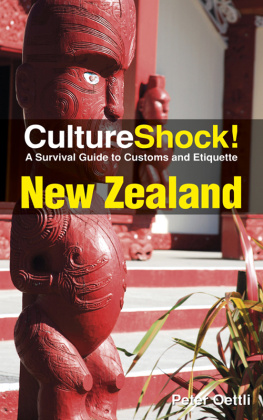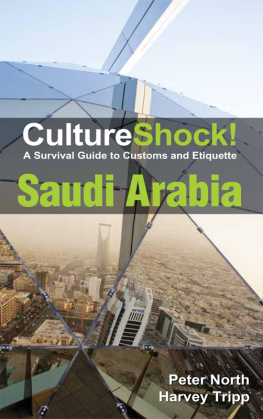A view of Daegu Tower and modern apartments in Daegu, a city known for its natural beauty and hot summers.
Many of your experiences in Korea will be fascinating, pleasurable and thought-provoking. Others will be confusing, infuriating and embarrassing. The expatriate who has adapted to living in Korea feels fortunate to live in this dynamic but small, mountainous country; the newcomer often feels the frustrations of culture shock.
The majority of people who have made Korea their home for any period of time, find that it is a land with many things to love: the closeness with nature reflected in the architecture: the physical beauty of this mountainous country; the warmth and friendliness of the people; the evidence of history and tradition blending comfortably with modern ways and more convenient structures. Many aspects of Korea are naturally attractive.
But even the most pleasant country can become a miserable place to live in when one does not know how to get cash out of an ATM, buy a bottle of shampoo or catch a taxi. It is not so much that things are different, for most newcomers are able to accept different values, customs and patterns of behaviour in other people, and eventually learn to go about their lives in a different way. The most difficult aspect of being transplanted into a new culture is that it seems impossible to comprehend. There seem to be so many dichotomies that cannot be understood from western perceptions. Then, as soon as you think you are about to understand this ancient culture, something happens to contradict what you thought you had figured out.
We hope in this book to help you understand Korea, so that most of your encounters with this rich eastern culture will be satisfying. In learning, you will not only be preparing yourself for an easier adjustment to a colourful and unique culture, but you will be expanding your concept of how people of different nationalities think, feel, act and communicate.
A word or two of caution before you read this book. The first is that we write from our own perspective. Our experiences and those of people we met in Korea may not ring true to others. The second is that Korea is changing at a rapid pace. Korea is a different country than when we wrote the first edition of this book in 1988. Things are noticeably different today than they were even five years ago. This edition reflects the significant changes that have occurred in the customs and lifestyles of Korean people and, to the best of our ability, represents Korea in 2005. Each region, family and individual changes in its own way, at its own speed. What is described in this book are general attitudes, patterns of behaviour and customs that many Koreans exhibit today. Certainly, there will be Koreans who do not fit these descriptions.
Having said that, we can also say that there are few people, Korean or non-Korean, who can claim to be familiar with every bit of information in this book. In the course of our research, particularly this recent update, we were constantly surprised at how little we ourselves knew about a culture we had lived in for many years. And even more at how little many Koreans of this generation knew about their own customs.
We hope you will find pleasure in reading our book, just as we enjoyed writing it.
Sonja Vegdahl
Ben Seunghwa Hur
USA, 2008
First Impressions
A group of schoolchildren enjoy a day of fun at a ski resort, one of the many attractions that Korea has to offer
Korea (South)
A journey of a thousand miles begins with one single step.
A Korean Proverb
Unlike better-known Japan and China, few westerners know much about Korea, despite its 5,000-year-old history. Old photos of The Korean War may be the only image many have of this peninsular country. Sports fans may have seen footage of Korea during the 1988 Seoul Olympics or the 2002 soccer World Cup that Korea and Japan co-hosted. People familiar with international foods may have been introduced to kimchi, the Korean national dish. Only when someone has a reason to learn about Korea, due to relocation orders, an extended business trip, or for travel do many begin to explore this East Asian country.
Before coming to Korea, some may have had the impression that Korea is still a developing country and are surprised how advanced it is. As the 11th largest economy in the world, Korea has fully joined the developed countries of the world. Some expatriates will even find access to services they do not have in their own countries.
Most people coming to Korea fly into Inchon International Airport, which opened in 2001. When Seoul Airport was unable to handle the growing numbers of international travellers the airport was built on land reclaimed from the ocean. This airport is spacious, convenient and easy to navigate, with signs in English, Chinese, and, of course, Korean. People at the airport speak some of these foreign languages so, without too much trouble, one should be able to accomplish the things one needs to do at an airport: go through immigration, get ones luggage, go through customs, exchange money and find transportation to ones final destination. Seoul is a bit over an hour from Inchon by limousine bus or taxi, both of which are easy to take. Transportation connections to other parts of the country are also conveniently accessed just outside the airport.
Moving away from the airport one initially will see hotels, parking and restaurants, as one would see outside any airport. Newly planted trees and immature landscape along the expansive expressway gives way to mostly rural land: small hills, compact farms, greenhouses and clusters of houses. The closer one gets to Seoul the denser the buildings and the traffic become. Many foreigners find the multi-storey cement apartment buildings aesthetically unpleasing. Others find these apartment buildings familiar as they are similar to those in other highly populated cities of the world.
Korea used to be called the land of the morning calm but now Koreans have adopted the term dynamic Korea which is a better description of what metropolitan life is like in major Korean cities, which is where most expatriates live. The 20-storey cement apartment complexes, some with more than 25 buildings, are tightly packed in among the buildings needed in any modern city: restaurants, grocery shops, petrol stations, office buildings, internet cafs, coffee shops, hotels and schools. Some are struck by how many neon-lit red crosses, symbolizing Christian churches, there are. Expatriates coming to Seoul will also notice many familiar names: Baskin-Robbins, Pizza Hut, KFC, Starbucks, Outback Steakhouse, Burger King, and Olive Garden are among the many international chains that are ubiquitous.
As one of the densest countries in the world, one cannot help but notice how crowded Korean cities are. It is not an exaggeration to say that there are thousands of enormous apartment buildings, unlike anything most people have seen. People are walking and driving everywhere, even quite early in the morning and quite late into the night. Though Seoul now has roads as modern and well-maintained as any international city, the traffic congestion is apparent and the driving style is troubling to most expatriates experiencing Korea for the first time, particularly during the extended rush hour periods.

